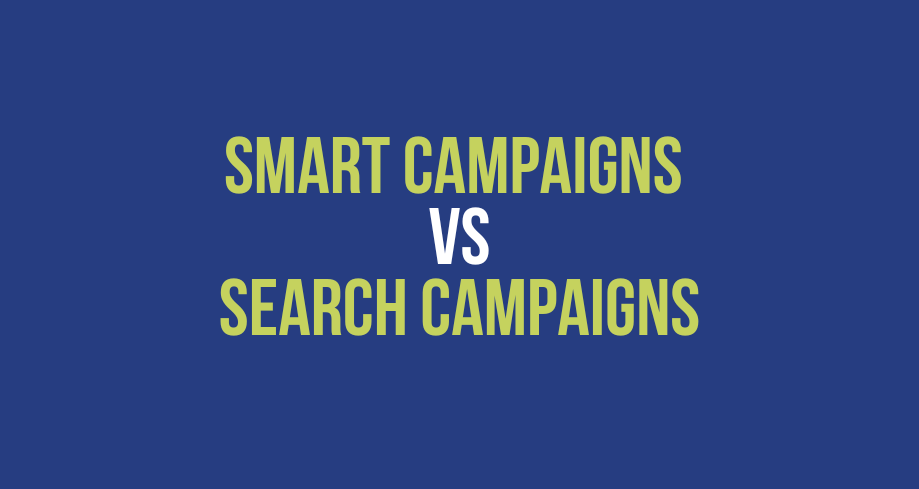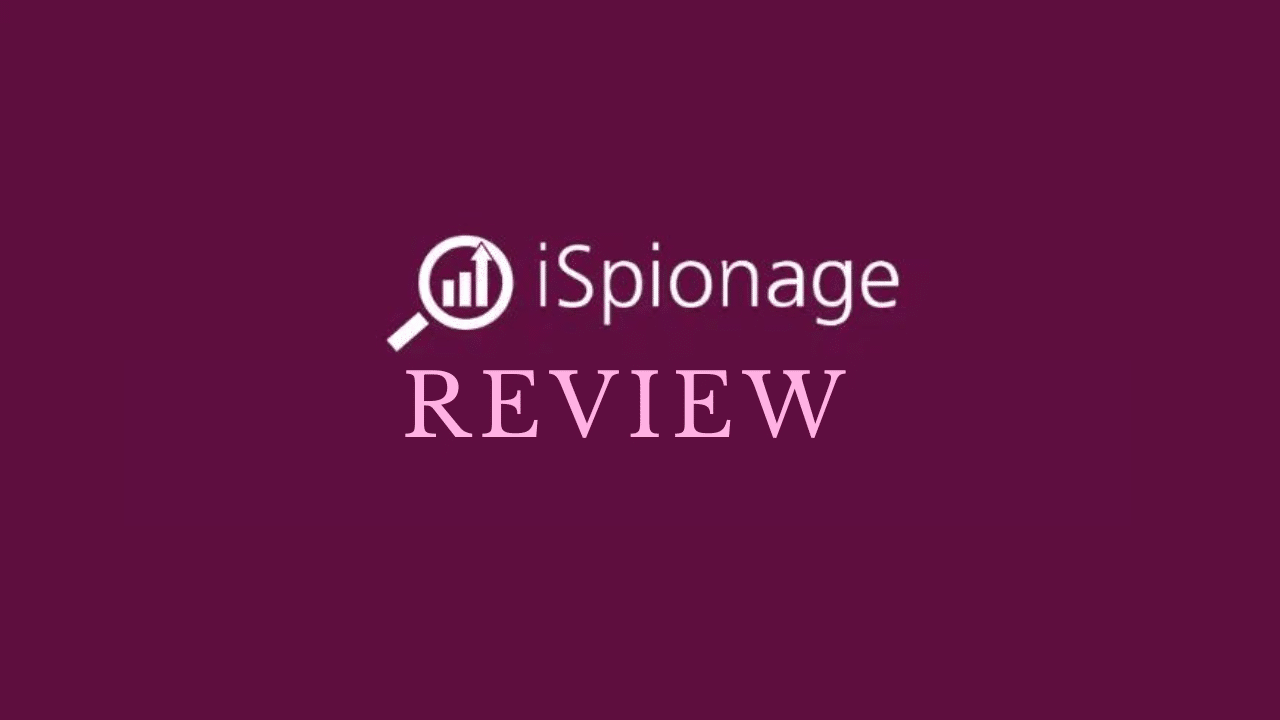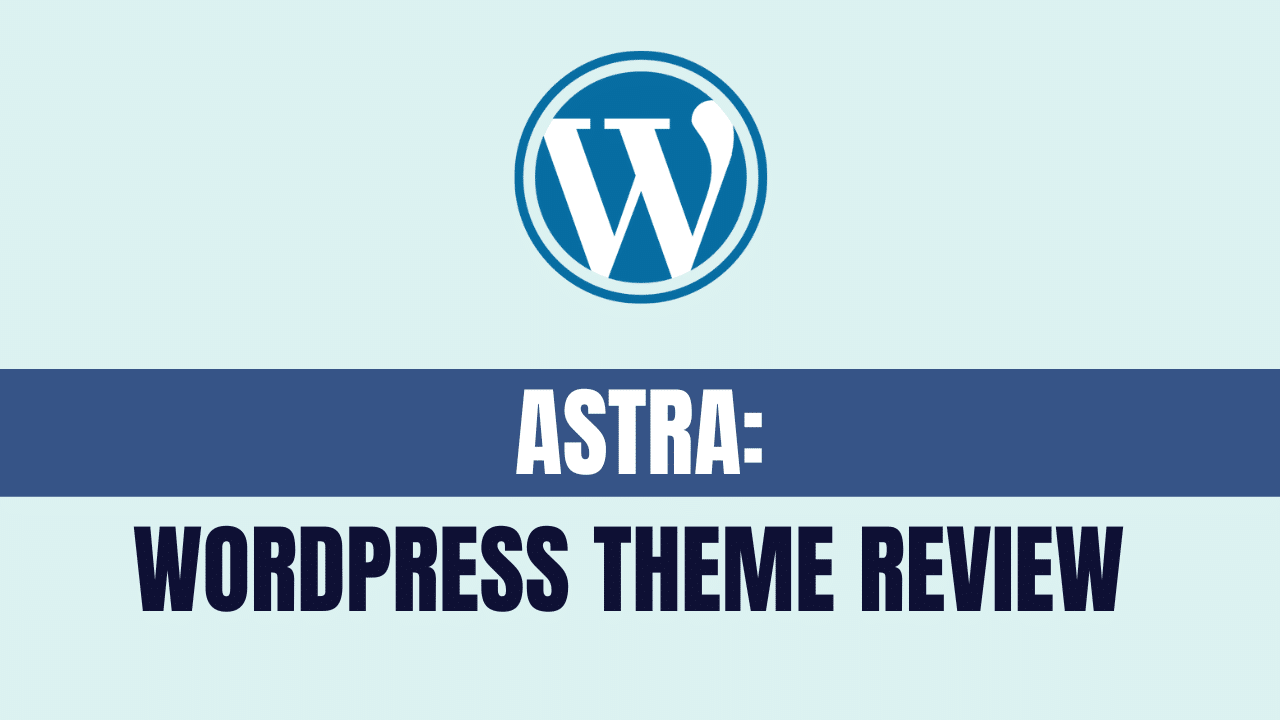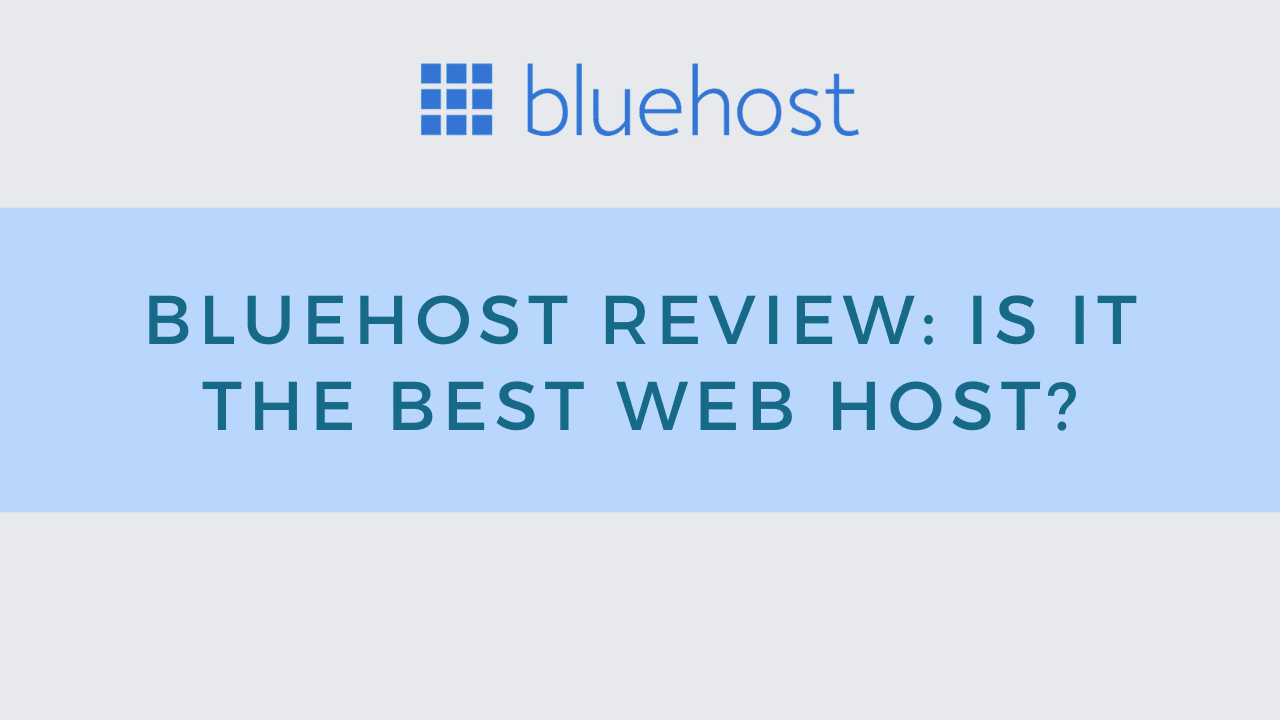Regarding online advertising, two prominent options that businesses often consider are search campaigns vs. smart campaigns. But how do you determine which is the right fit for your business goals? In this post, we will delve into the comparison of smart campaigns vs search campaigns, exploring their key differences and helping you make an informed decision.
Throughout this article, we will examine the distinctive features, benefits, and use cases of both smart campaigns and search campaigns.
What are Smart Campaigns?
Smart campaigns are a type of online advertising campaign offered by platforms such as Google Ads. These campaigns leverage automation and machine learning algorithms to simplify the process of advertising and make it accessible to businesses with limited time or expertise.
Google Ads smart campaigns are designed to be user-friendly and require minimal manual setup. They are particularly suited for small businesses or advertisers with limited resources and who want to launch an online advertising campaign quickly without delving into complex targeting and optimization strategies.
Key Features and Benefits of Smart Campaigns:
- Simplified Setup: By streamlining the setup process, your smart Google ads campaigns eliminate the need for extensive manual configuration. Advertisers can create an ad campaign with just a few steps, making it an attractive option for beginners or those with limited experience in online advertising.
- Automation and Machine Learning: With your Google ads account, smart campaigns can utilize machine learning algorithms to automate various aspects of campaign management. This includes automated ad targeting, bid adjustments, and ad placement. The algorithms analyze user behavior, search patterns, and other data points to optimize ad delivery and maximize results.
- Ad Formats and Ad Placement: Smart campaigns typically support limited ad formats, such as text- or image-based ads, and automatically place them across relevant websites and apps within the advertising network. This automation simplifies the process of ad placement, reducing the need for manual selection and monitoring.
- Targeting Options: Google smart campaigns offer simplified targeting options to reach the desired audience. Advertisers can define general preferences such as location, language, and budget, and the system will optimize the campaign accordingly. The targeting is typically broad and may not provide granular control like in search campaigns.
- Budget Control and Optimization: Smart campaigns provide automated budget control, allocating your budget across different ad placements based on performance and ad relevance on the Google ads platform. This helps optimize your spending and maximize the return on investment (ROI) without requiring constant manual adjustments.
- Performance Tracking and Reporting: Smart campaigns offer straightforward performance tracking and reporting. Advertisers can easily monitor key metrics such as Google Search impressions, clicks, conversions, and costs through the platform’s dashboard or reports. This data helps evaluate the campaign’s effectiveness and make informed decisions for future optimizations.
What are Search Campaigns?
Search or search engine marketing (SEM) campaigns are online advertising campaigns that primarily focus on search engine result pages (SERPs). Unlike smart campaigns that rely on automation, search campaigns give advertisers more manual control over various aspects of the campaign, including targeting, bidding, and ad creation.
Key Features and Benefits of Search Campaigns
- Manual Keyword Targeting: Advertisers can select the keywords they want to target in search campaigns. This allows them to align their ads with specific search queries that are relevant to their offerings, ensuring their ads appear when users search for those keywords.
- Various Match Types: Search campaigns offer different keyword match types, such as broad match, phrase match, and exact match. These match types provide flexibility in determining how closely the user’s search query should match the targeted keywords, allowing advertisers to refine their targeting strategy based on their specific goals.
- Ad Formats and Ad Extensions: Search campaigns support a wide range of ad formats, including text ads, responsive search ads, and product listing ads. Ad extensions, such as site links, call extensions, and location extensions, can also be utilized to enhance the visibility and engagement of the ads on the search results page.
- Ad Placement Control: Advertisers control where their ads appear with search campaigns. They can select specific geographic locations, and languages or even exclude certain placements, ensuring their ads are displayed to the right audience in the desired locations.
- Bidding Strategies: Search campaigns provide advertisers with manual bidding options, allowing them to set their preferred bid amounts for each keyword or ad group. This control over bidding enables businesses to optimize their budget allocation and prioritize keywords or target audience segments based on their performance and goals.
- Advanced Targeting Options: Search campaigns offer advanced targeting options beyond keywords. Advertisers can leverage demographic targeting, audience targeting, and remarketing to reach specific segments of their target audience, further refining their ad reach and increasing the chances of conversions.
- Campaign Optimization and Performance Tracking: Search campaigns provide advertisers with extensive optimization options. They can constantly monitor and refine their campaigns based on performance data, such as click-through rates (CTRs), conversion rates, and cost per acquisition (CPA). This level of control allows businesses to optimize their campaigns for better results and ROI.
Key Differences Between Smart Campaigns and Search Campaigns
Budget and Cost Control
Smart campaigns:
- Automated budget allocation: Smart campaigns utilize automation to allocate your budget across different placements and channels based on performance and ad relevance. This automation aims to optimize your spending and maximize your return on investment (ROI).
- Automated cost control: The system automatically adjusts your bids and placements to ensure your ads are shown within your specified budget limits.
Search campaigns:
- Manual budget control: Advertisers directly control their budget allocation in search campaigns. They can set daily or monthly budgets according to their preferences and adjust them as needed.
- Manual bidding strategies: Advertisers can manually set bids for individual keywords or ad groups, allowing them to control the maximum amount they are willing to pay for each click or conversion.
Ad Formats and Placement:
Smart campaigns:
- Limited ad formats: Smart campaigns typically support simpler ad formats, such as text-based ads or image-based ads, depending on the platform you are using.
- Automated ad placement: The system automatically determines the best placements for your ads across relevant websites and apps within the advertising network. Advertisers have less control over where their ads appear.
Search campaigns:
- Wide range of ad formats: Search campaigns offer a variety of ad formats, including text ads, responsive search ads, product listing ads, and more. Advertisers can choose the most suitable format based on their campaign goals and target audience.
- Manual ad placement: Advertisers have more control over ad placement in search campaigns. They can select specific websites, and placements or even exclude certain placements to ensure their ads reach the desired audience effectively.
When to Choose Smart Campaigns
Small Businesses with Limited Resources
Smart campaigns are particularly beneficial for small businesses with limited budgets and time constraints. Here are some reasons why small businesses should consider smart campaigns:
- Cost-effectiveness: Smart campaigns automate budget allocation and cost control, optimizing your spending for maximum results within your allocated budget. This is advantageous for small businesses with limited advertising budgets, as it helps minimize wasteful spending and maximize the return on investment (ROI).
- Time-saving: Smart campaigns streamline the setup and management process, requiring minimal manual configuration. This saves time for small business owners who may have limited resources to dedicate to advertising. The simplified campaign management allows them to focus on other aspects of their business while still maintaining an online presence.
- Automation advantages: Smart campaigns leverage automation and machine learning algorithms to handle various aspects of campaign management. This includes automated ad targeting, bid adjustments, and ad placement. Small businesses benefit from this automation as it reduces the need for extensive manual optimization and monitoring.
Less Keyword and SEO Expertise
Smart campaigns are suitable for businesses lacking keyword expertise and search engine optimization (SEO). Here’s why:
- Automated keyword targeting: Smart campaigns utilize automated keyword targeting, alleviating the need for businesses to conduct extensive keyword research or have in-depth knowledge of SEO. The system analyzes your ad text, landing page, and other factors to determine relevant keywords for your campaign.
- Effective ad targeting and optimization: Smart campaigns leverage automation to optimize ad targeting and performance. The machine learning algorithms analyze user behavior, search patterns, and other data points to deliver ads to the most relevant audience. This is beneficial for businesses without extensive SEO knowledge, as the system handles the optimization process on their behalf.
- Simplicity and ease of use: Smart campaigns are designed to be user-friendly and accessible to businesses with limited technical expertise. The simplified setup and management process make it easier for businesses lacking SEO knowledge to launch and maintain effective advertising campaigns.
When to Choose Search Campaigns?
Large Businesses with Extensive Marketing Resources
Search campaigns are well-suited for large businesses with extensive marketing resources and dedicated marketing teams. Here are some reasons why large businesses should consider search campaigns:
- Manual control and flexibility: Search campaigns provide businesses with more manual control over various aspects of the campaign. This includes budget control, bidding strategies, ad formats, and ad placement. Large businesses with dedicated marketing teams can use this flexibility to tailor their campaigns according to their specific goals and strategies.
- Customization and optimization opportunities: With search campaigns, businesses can customize their targeting, messaging, and optimization strategies.
- Extensive reporting and analysis capabilities: Search campaigns offer in-depth performance tracking and reporting, providing large businesses with comprehensive data and insights.
Advanced Keyword and Audience Targeting:
Search campaigns are particularly beneficial for businesses with specific keyword and audience targeting requirements. Here’s why:
- Manual keyword targeting: Search campaigns allow businesses to manually select the keywords they want to target. This level of control enables large businesses to align their ads with specific search queries relevant to their products or services.
- Various match types: Search campaigns offer different keyword match types, such as broad match, phrase match, exact match, and negative match. This flexibility allows businesses to refine their targeting strategy based on their specific goals and audience intent.
- Tailored ad messaging: Search campaigns allow businesses to craft tailored ad messaging based on their keyword targeting. Large businesses can create specific ad copy that resonates with their target audience and addresses their needs or pain points.
Frequently Asked Questions
What is the primary difference between smart campaigns and search campaigns?
The main difference lies in the level of automation and control. Smart campaigns rely on automation for budget allocation, ad targeting, and optimization, making them suitable for small businesses with limited resources. Search campaigns offer more manual control over targeting, bidding, and ad creation, making them ideal for businesses with extensive marketing resources and specific targeting requirements.
Can I use both smart campaigns and search campaigns for my business?
Yes, using both campaign types is possible based on your goals and budget. For example, you might start with smart campaigns to gain initial visibility and test the market. As your business grows and you acquire more resources, you can expand into search campaigns to have more control, advanced targeting options, and customization opportunities.
How do I determine which campaign type is best for my business?
To choose the right campaign type, consider your budget, available resources, target audience, and advertising goals. Assess whether you have the expertise to manage campaigns manually or if automation would be more suitable.
Conclusion
Choosing the right campaign, whether a smart campaign or a search campaign, is crucial for achieving your business goals in online advertising. Understanding the differences between these campaign types and their advantages allows you to make an informed decision that aligns with your needs.




